At Pangea, we believe the concept of “affordable housing” is due for a radical shift—not just in how it’s funded or zoned, but in how it’s designed, built, and valued. Affordable housing is not just about cost—it’s about access, dignity, and sustainability. And it is inseparable from the pressing ecological and economic realities of our time.
We are witnessing a global housing crisis. In communities like Taos, New Mexico, where our work is rooted, the shortage of affordable homes has reached emergency levels. Homelessness is on the rise, while working families, artists, teachers, and elders find themselves priced out of the very places they help sustain. This pattern plays out across the country and around the world. Traditional solutions—based on subsidized rent, standardized construction, and centralized utilities—are proving inadequate in both scale and substance.
That’s why Pangea is helping to lead a new movement: one that fuses regenerative design with social equity. At the heart of this effort is biotecture — an architectural practice that uses natural and recycled materials to create self-sufficient buildings capable of harvesting their own water, managing liquid waste onsite, and producing energy through renewable sources. By removing the need for monthly utility bills and reducing the carbon footprint of construction, we redefine what “affordable” truly means—not just to the buyer, but to the community and the planet.
Our approach is grounded in three key insights, all of which are discussed in our educational blog series at pangeabuild.com:
- Sustainability and affordability must go hand in hand.
We reject the notion that sustainable homes are a luxury. In fact, they are more essential for low-income populations, who are often the most impacted by rising utility costs, environmental degradation, and unreliable infrastructure. A well-designed off-grid home can eliminate utility expenses altogether, saving residents thousands of dollars annually while providing a healthier and more resilient living environment. This belief is clearly articulated in our article, “Sustainable Housing Solutions for Taos’ Homelessness Crisis”, where we advocate for permanent housing models that include water harvesting, greywater treatment, and solar energy systems. - Affordable housing must be permanent, not provisional.
Temporary shelters and transitional units are not long-term answers. What’s needed is permanently affordable, dignified housing that meets the needs of the local workforce, elders, and families. In our view, this means creating housing with minimal long-term operational costs, constructed with materials that are durable, local, and ecologically sound. Our work draws inspiration from ancient wisdom and beautiful work and design pioneered in New Mexico, but extends it into adaptable, scalable forms tailored to different climates and community needs. - The community must lead the conversation.
True affordable housing must be shaped by the people who live in and around it. In our article, “What Can Citizens in Taos Do to Encourage Affordable Housing?”, we explore how local residents can engage directly in shaping housing policy—from advocating zoning reform and supporting co-housing models, to voting for candidates who prioritize affordability. We also stress the importance of educational outreach, such as the training we offer through Pangea Academy, which empowers citizens to build their own homes or start careers in regenerative construction.
The result is more than just housing—it’s infrastructure for resilience. It’s a way to anchor families in place, protect the environment, and spark local economies through skilled labor, green energy, and decentralized water systems. But we also recognize that visionary design alone is not enough. Policies must evolve to accommodate innovation. Banks must be willing to finance off-grid homes. And the construction industry must pivot toward materials and practices that serve both people and planet.
This is why we’re launching a new webinar series starting June 22, 2025—to share what we’ve learned, connect with aligned builders and policymakers, and grow a grassroots movement around regenerative affordable housing. The first session, “Foundations for Change: Rethinking Affordable Housing in a Time of Crisis,” will dive deeper into these ideas and present actionable strategies for transforming communities from the ground up.
Affordable housing is not a product. It’s a promise—a commitment to ensure that everyone, regardless of income, can live in a safe, healthy, and beautiful place. At Pangea, we are not just designing homes. We are building futures.
For more, visit:
📖 Read the full blog archive: pangeabuild.com/?s=affordable

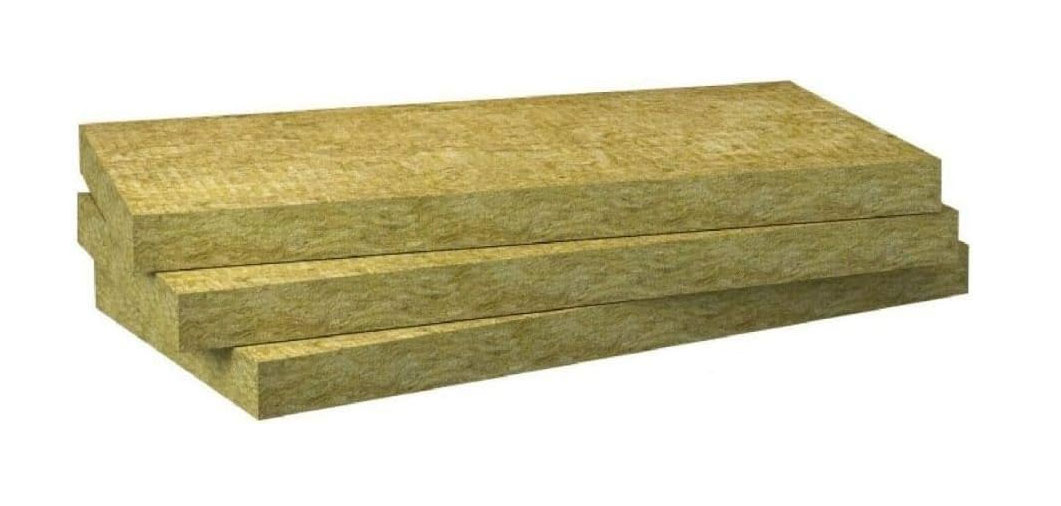
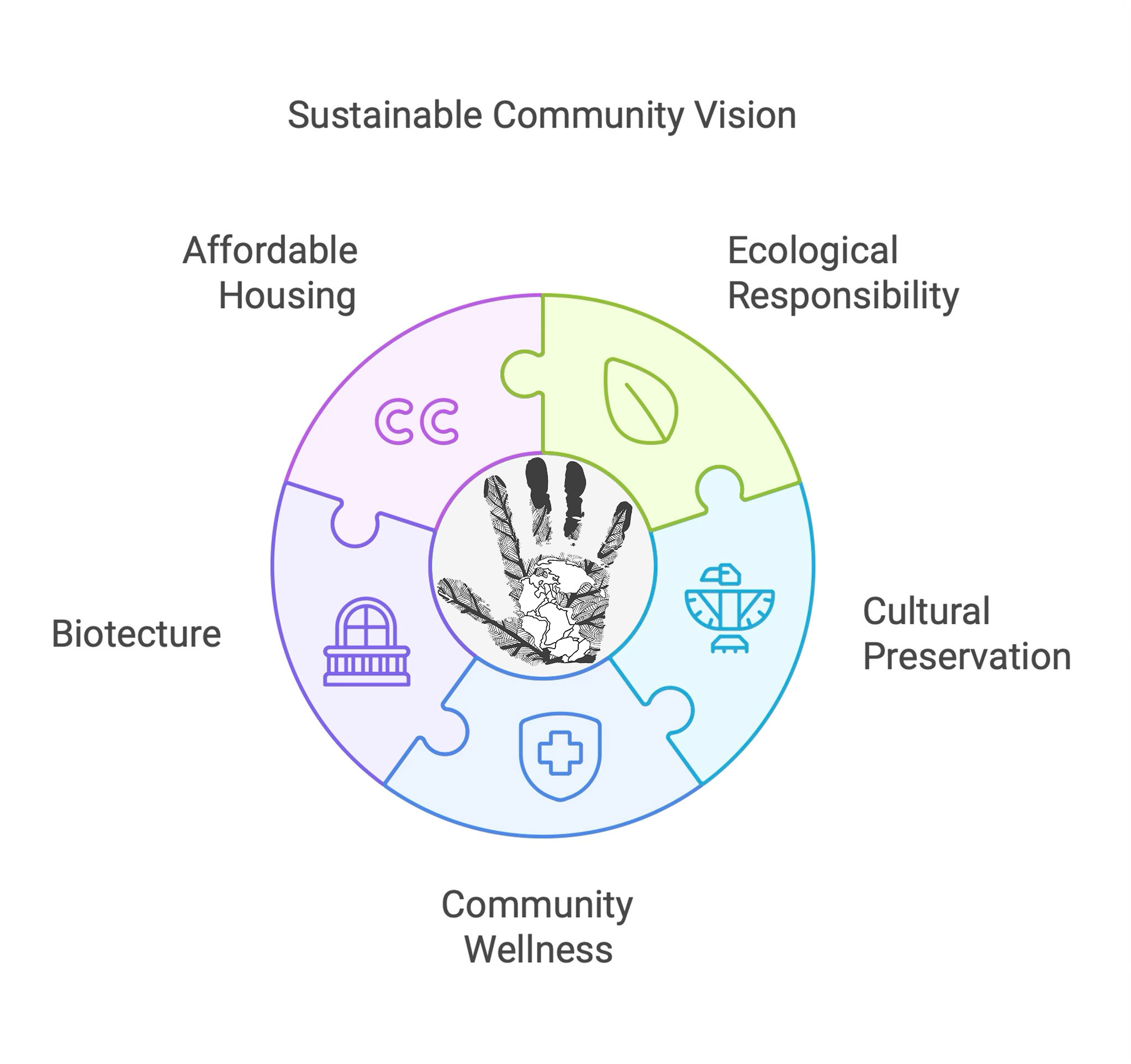
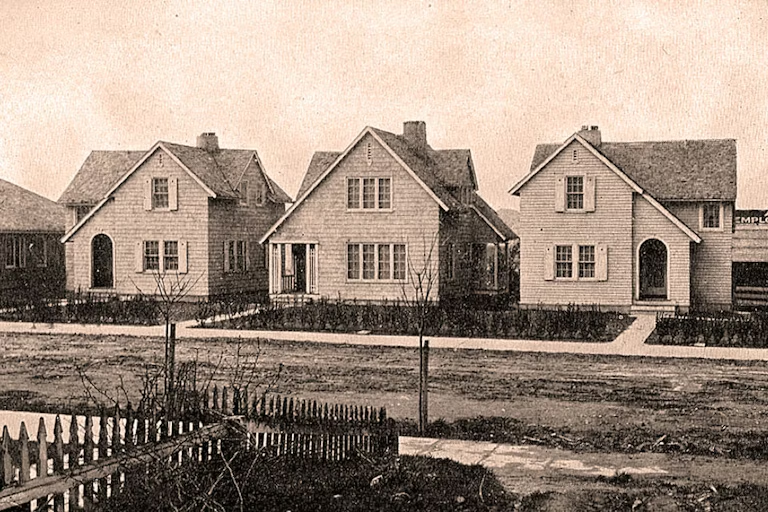

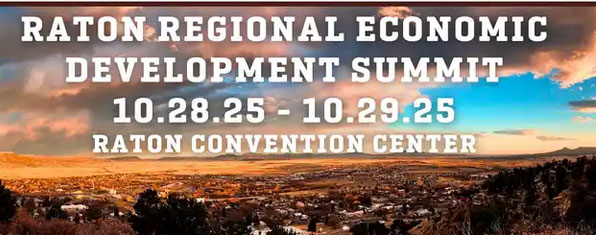
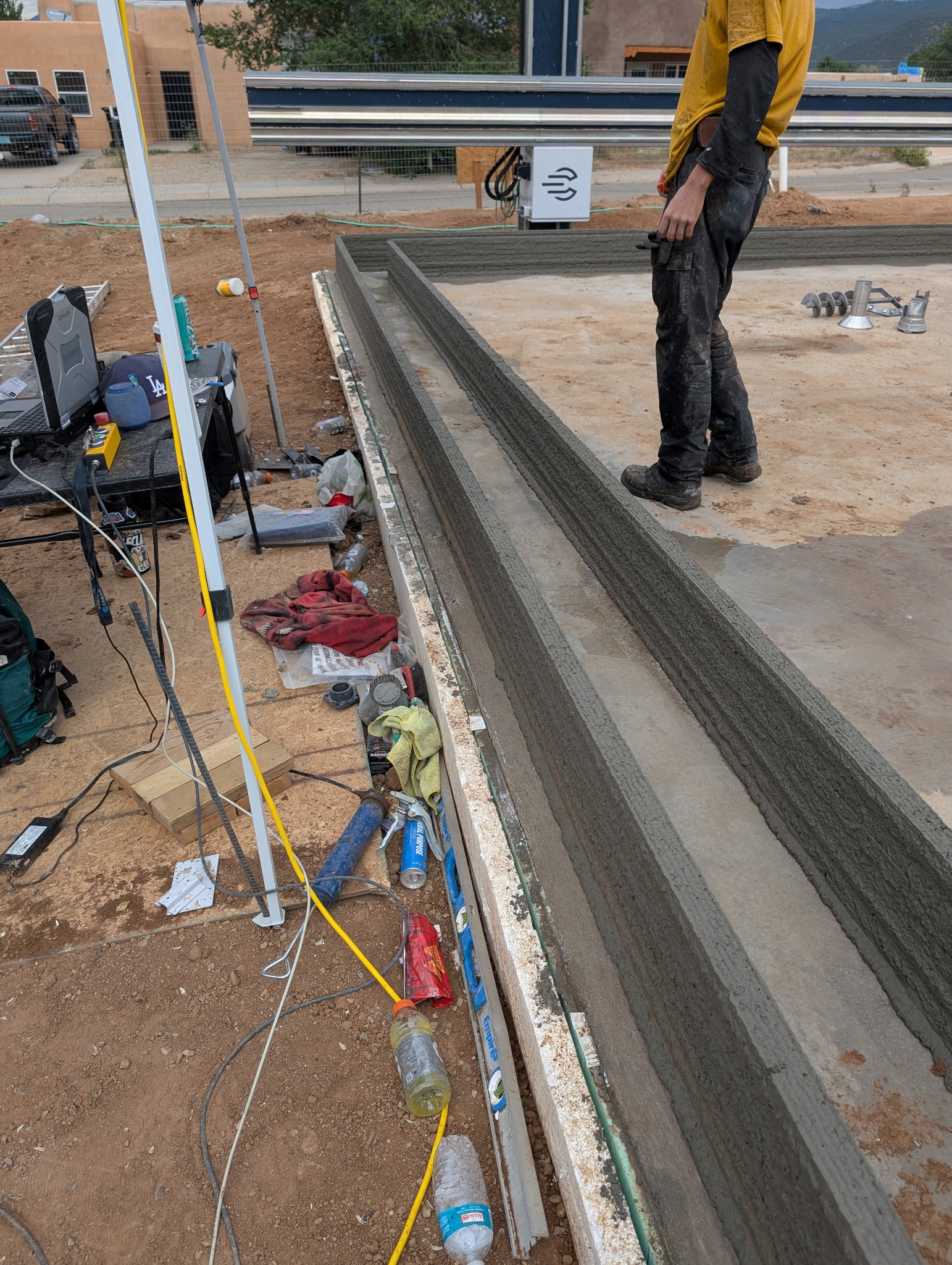
Leave A Comment